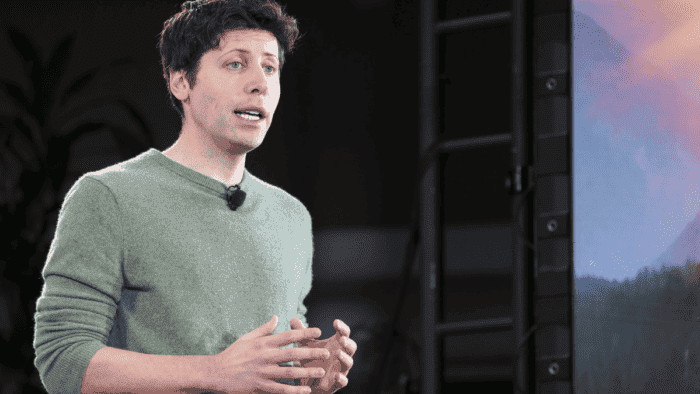OpenAI took the world by storm with the launch of its AI-powered chatbot. The launch of OpenAI’s AI-powered chatbot revolutionized the way people search for information online. It raised a new trend among big techs, that now are running to offer their AI solutions in order to stay relevant. While Microsoft decided to invest in ChatGPT to integrate tech into its products, Google decided to launch Bard as one of the first and most relevant competitors for ChatGPT. The inevitable fact is that every company will need to adapt to this “new world”. Sam Altman, OpenAI’s Co-Founder, predicts that the rise of AI will have both positive and negative consequences.
On his first travel to Brazil to attend a tech-related event, Altman revealed that the AI will put an end to several jobs. However, at the same time, he says that the technology will also help to improve the remaining ones. The statement came when Altman was questioned by one of the local researchers about the future that AI represents to some workers. He left the following message:
“We believe that many jobs will disappear (with the AI), this happens in every tech revolution, but still, some jobs will improve. Overall, I believe that we will see an impact in every place. Society will try to regulate AI, but that will still not prevent the future”.
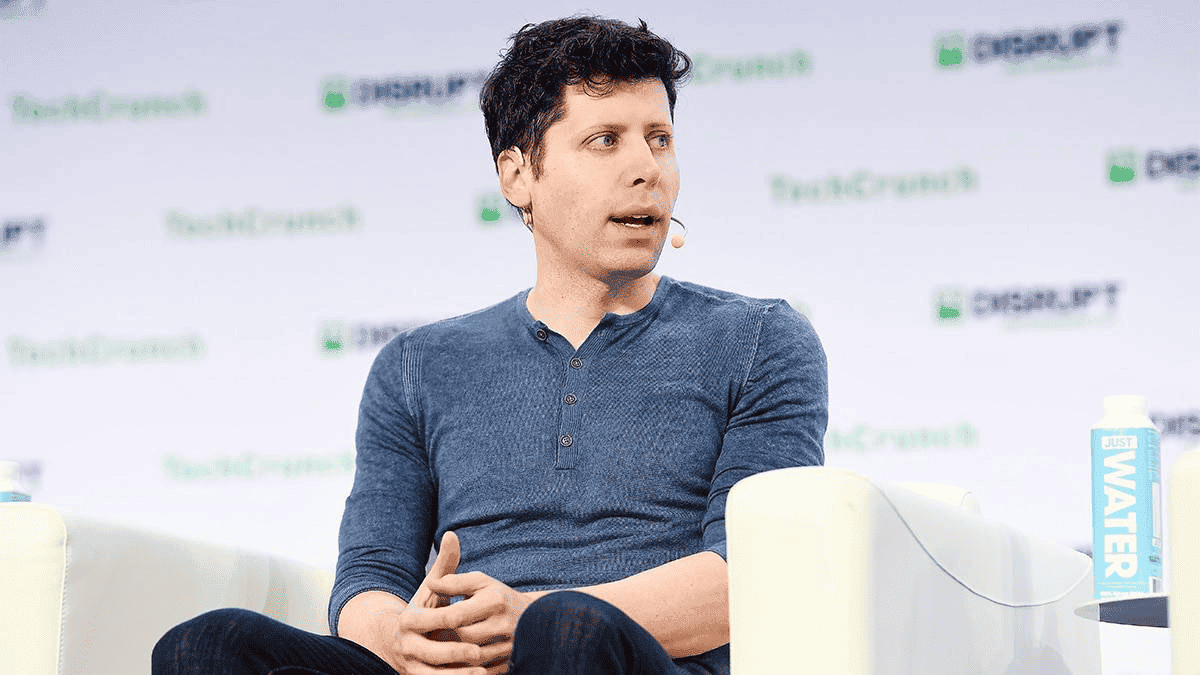
Jobs that can disappear with AI
As per research by the World Economic Forum, developed alongside Dom Cabral Foundation, until 2027, the expectation is a change of about 23% of the existing jobs. Some will be created, while others will suffer a transformation or will disappear.
“Many jobs will be replaced by algorithms that will automate some functions, or will be replaced by auto-services like supermarket cashiers”. Says Carlos Arruda, one of the researchers associated with the Dom Cabral Foundation.
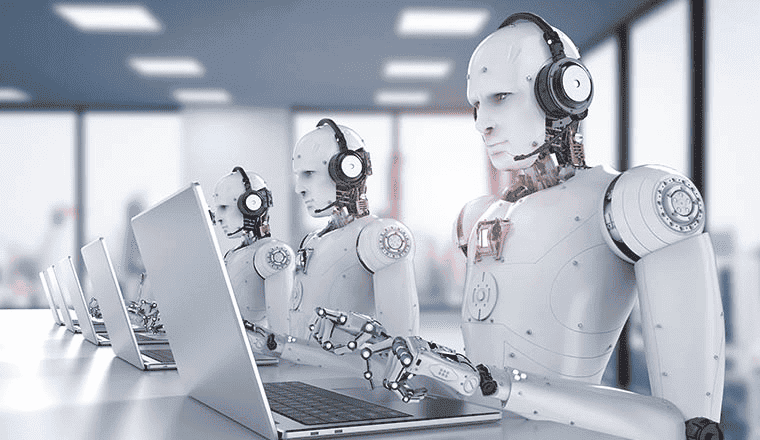
Some specific jobs will be in high demand in the next four years. These include workers on AI, Machine Learning, Big Data, Data Security, Teachers, and people that work with green energy.
The regulation of Artificial Intelligence
The OpenAI executive also took the opportunity to talk about the imminent “AI regulation”. He says that this is not an easy job, but we need to think about how to regulate it. In the U.S. there are some talks about protecting citizens while AI grows in every segment.
“I’m not going to be naive and pretend that this [regulation] is an easy thing to do. But we have to try”, said Altman during the event in Rio. We need to avoid big mistakes that could negatively impact the world,” he added.
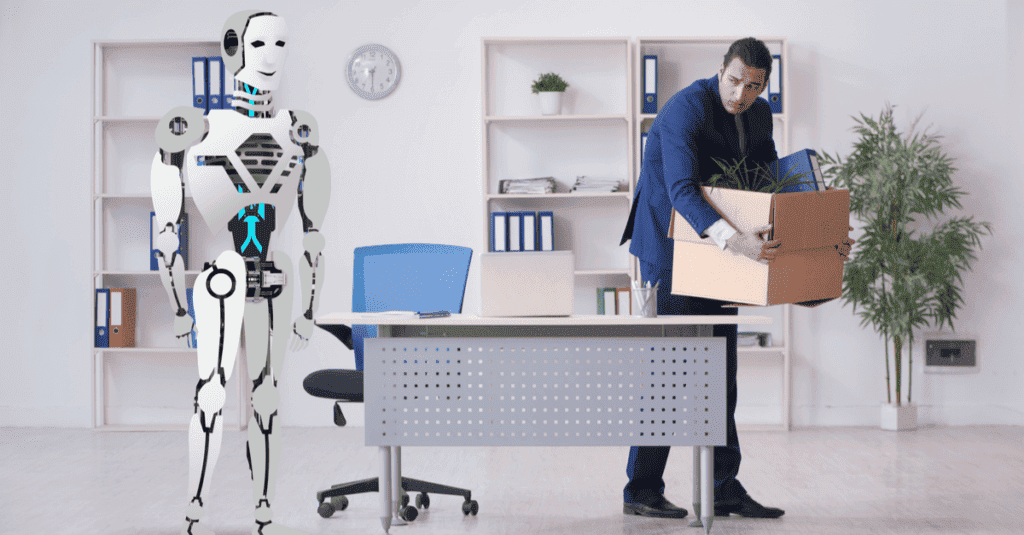
He also says he is happy to note that people are open to reflecting on and discussing AI’s potential in the world. “I’m traveling across the world for a series of reasons. One of them is to hear people that use technology in different contexts. To leave our bubble”.
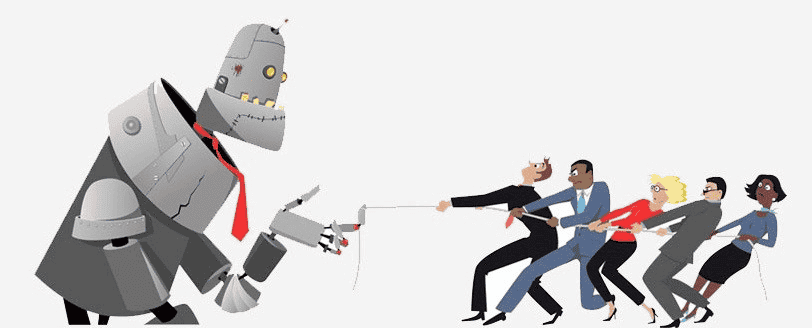
A few months ago, some names in the tech segment issued an open letter asking for AI firms to stop their training for at least six months. The goal was to use that time to build efficient laws to protect us from the changes coming with the rise of advanced AI. The names include Apple’s co-founders Steve Wozniak and Elon Musk. So far, there are many talks, and OpenAI is also the target across several countries. In the U.S., the country definitively wants to work on regulations for tech. However, it’s asking for some industry figures to help write the rules. Experts say this could lead to regulatory capture – letting corporations write lax rules that lead to public harm.
The AI will certainly be part of many discussions in the next few years. So far, it already brought significant changes for some professionals and students. More changes are set to come.

